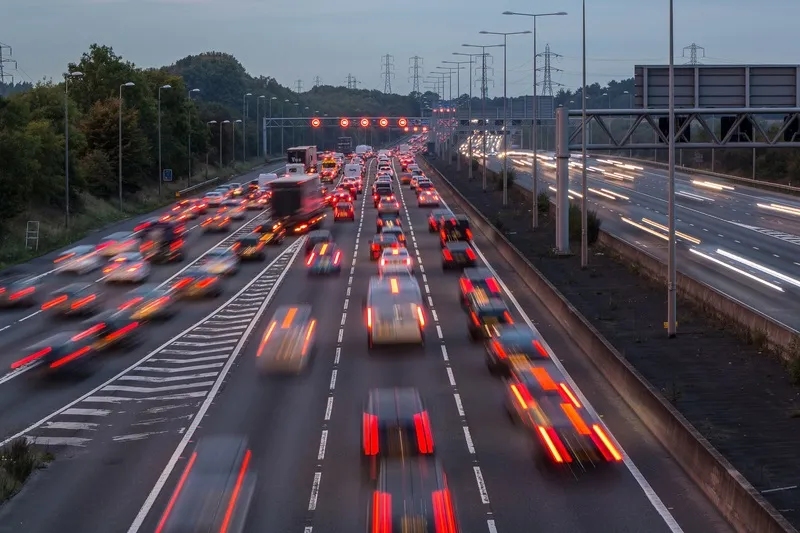A new rail signalling system to be installed across the UK could be liable to hacking, a government adviser has warned.
Professor David Stupples told the BBC that the European Rail Traffic Management system (ERTMS) could be exposed to malicious software, or malware, and used to cause an accident perhaps telling the system the train is slowing when down when it is speeding up.
"However, he said governments aren't complacent."Certain ministers know this is absolutely possible and they are worried about
April 27, 2015
Read time: 2 mins
A new rail signalling system to be installed across the UK could be liable to hacking, a government adviser has warned.
Professor David Stupples told the BBC that the European Rail Traffic Management system (ERTMS) could be exposed to malicious software, or malware, and used to cause an accident perhaps telling the system the train is slowing when down when it is speeding up.
"However, he said governments aren't complacent."Certain ministers know this is absolutely possible and they are worried about it. Safeguards are going in, in secret, but it's always possible to get around them," he said.
ERTMS uses a computer in the driver's cab to control the speed and movement of the train, whilst taking account of other trains on the railway. Although still operating under the umbrella term of ERTMS,5021 Network Rail says it is creating its own traffic management system to optimise performance.
Network Rail said it acknowledges the threat. A spokesman said "We know that the risk [of a cyber-attack] will increase as we continue to roll out digital technology across the network. We work closely with government, the security services, our partners and suppliers in the rail industry and external cyber security specialists to understand the threat to our systems and make sure we have the right controls in place."
Professor David Stupples told the BBC that the European Rail Traffic Management system (ERTMS) could be exposed to malicious software, or malware, and used to cause an accident perhaps telling the system the train is slowing when down when it is speeding up.
"However, he said governments aren't complacent."Certain ministers know this is absolutely possible and they are worried about it. Safeguards are going in, in secret, but it's always possible to get around them," he said.
ERTMS uses a computer in the driver's cab to control the speed and movement of the train, whilst taking account of other trains on the railway. Although still operating under the umbrella term of ERTMS,
Network Rail said it acknowledges the threat. A spokesman said "We know that the risk [of a cyber-attack] will increase as we continue to roll out digital technology across the network. We work closely with government, the security services, our partners and suppliers in the rail industry and external cyber security specialists to understand the threat to our systems and make sure we have the right controls in place."









